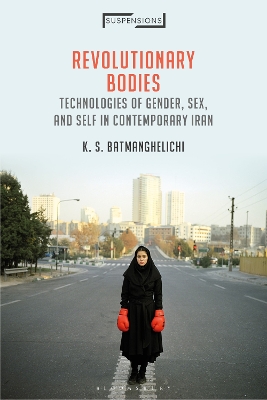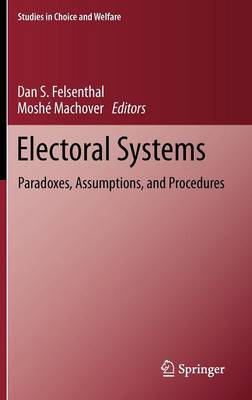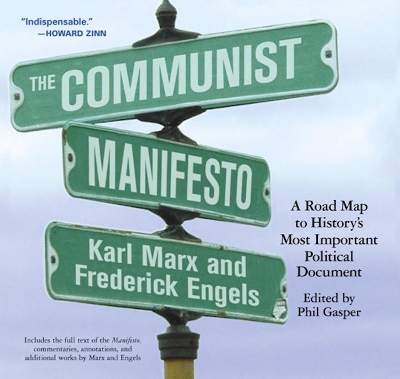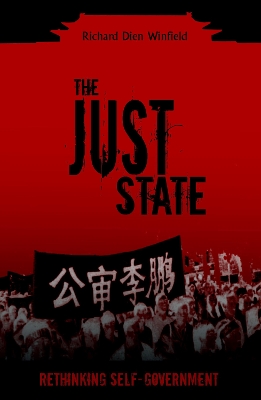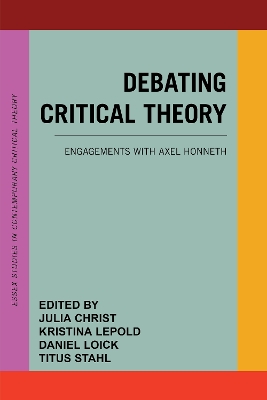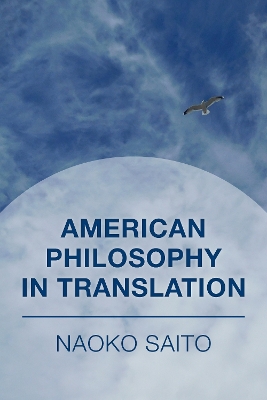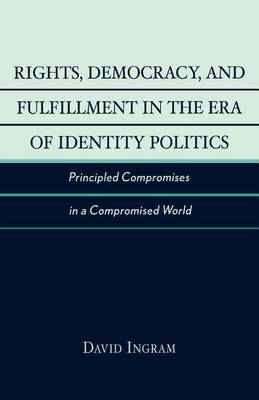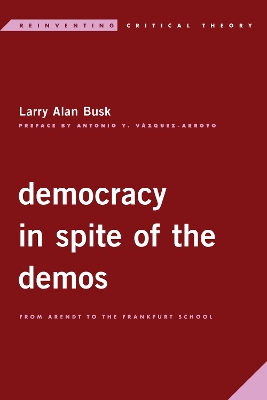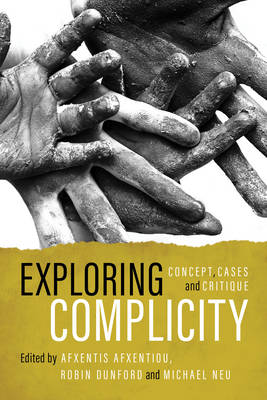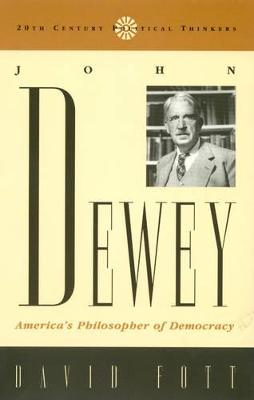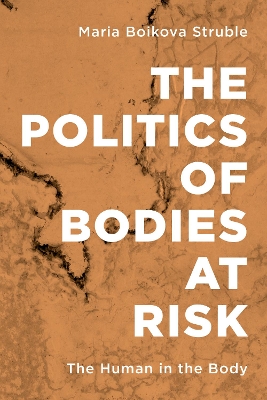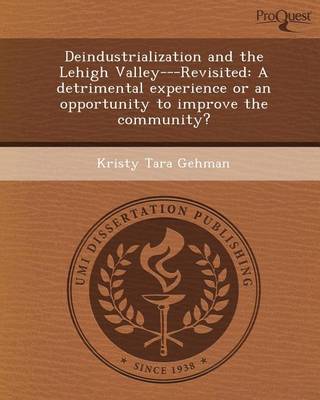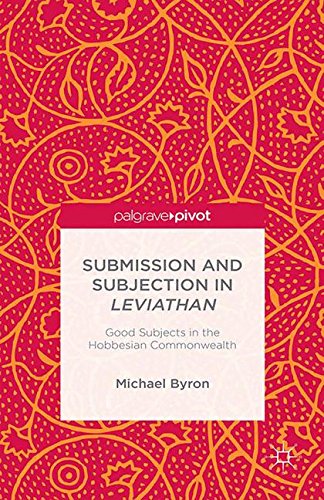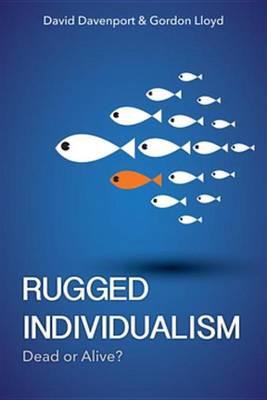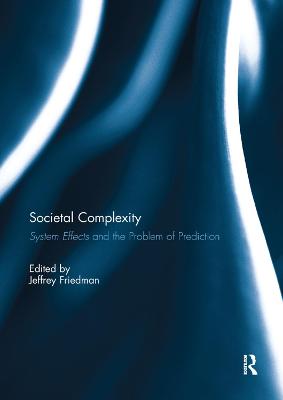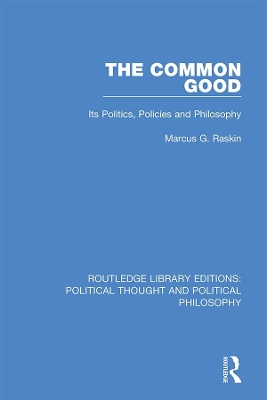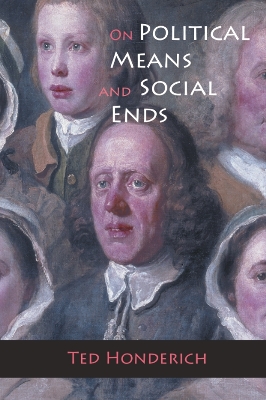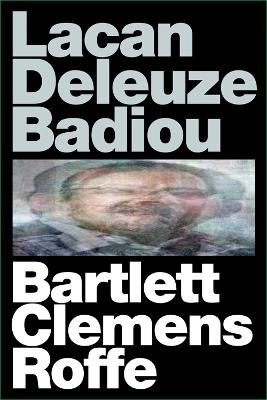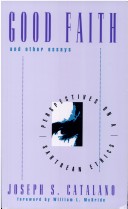Revolutionary Bodies (Suspensions: Contemporary Middle Eastern and Islamicate Thought)
by K. S. Batmanghelichi
Gender and sexuality in modern Iran is frequently examined through the prism of nationalist symbols and religious discourse from the late nineteenth and early twentieth centuries. In this book, Kristin Soraya Batmanghelichi takes a different approach, by interrogating how normative ideas of women's bodies in state, religious, and public health discourses have resulted in the female body being deemed as immodest and taboo. Through a diverse blend of sources -a popular cultural women's journal,...
Electoral Systems (Studies in Choice and Welfare)
Both theoretical and empirical aspects of single- and multi-winner voting procedures are presented in this collection of papers. Starting from a discussion of the underlying principles of democratic representation, the volume includes a description of a great variety of voting procedures. It lists and illustrates their susceptibility to the main voting paradoxes, assesses (under various models of voters' preferences) the probability of paradoxical outcomes, and discusses the relevance of the the...
An Introduction to Rights (Cambridge Introductions to Philosophy and Law)
by William A. Edmundson
Rights come in various types - human, moral, civil, political and legal - and claims about who has a right, and to what, are often contested. What are rights? Are they timeless and universal, or merely conventional? How are they related to other morally significant values, such as well-being, autonomy, and community? Can animals have rights? Or fetuses? Do we have a right to do as we please so long as we do not harm others? This is the only accessible and readable introduction to the history, lo...
An authoritative introduction to history's most important political document, with the full text of The Communist Manifesto by Marx and Engels. This beautifully organised and presented edition of The Communist Manifesto is fully annotated, with clear historical references and explication, additional related texts and a glossary that brings the text to life for students as well as the general reader. Indispensable.' - Howard Zinn'
At a time when the enemies of democracy cannot be dissuaded by appeals to shared values and conventions, nothing is more pressing than a thoroughgoing investigation of what the state should be. Whereas contemporary thinkers have mostly relativized political justice or conceived it as a formal concept lacking institutional detail, The Just State provides a comprehensive theory of self-government, legitimating democracy and concretely conceiving how political institutions should be organized. Care...
Debating Critical Theory (Essex Studies in Contemporary Critical Theory)
Axel Honneth is widely credited with being one of the most important contemporary critical theorists. His oeuvre which spans more than four decades of writing-from his early engagement with critique in the Frankfurt School tradition to his theory of recognition and the latest discussions of freedom in modern ethical life and the question of socialism-has been enormously influential in the shaping of current critical theory and beyond. This volume takes the central themes of Honneth's work as a s...
In response to the contemporary crisis of democracy as a way of life, in particular, the anxieties of inclusion, this important new book explores the contemporary significance of American philosophy (the pragmatism and American transcendentalism of Emerson and Thoreau) and tries to present new ways of cultivating political emotions and political citizens. To take up this philosophical-political-educational task, the book introduces Cavell's idea of philosophy as translation - a broader sense of...
Rights, Democracy, and Fulfillment in the Era of Identity Politics (New Critical Theory)
by Professor David Ingram
Democracy in Spite of the Demos (Reinventing Critical Theory)
by Larry Alan Busk
The value of democracy is taken for granted today, even by those interested in criticizing the fundamental structures of society. Things would be better, the argument goes, if only things were more democratic. The word "democracy" means "the power of the people," and scholars with a critical and progressive outlook often invoke this meaning as a way of justifying the honorific status accorded to the term: the power of the people to resist racism, sexism, imperialism, climate change, etc. But if...
Exploring Complicity
Questions of complicity emerge within a range of academic disciplines and everyday practices. Using a wide range of case studies, this book explores the concept of and cases of complicity in an interdisciplinary context. It expands orthodox understandings of the concept by including the notion of structural complicity, revealing seemingly inconsequential, everyday forms of complicity; examining different kinds and degrees of individual and collective complicity; and introducing complicity as a l...
Examining Dewey's evolving conception of liberalism, David Fott illuminates his subject's belief in democracy more fully than has ever been before. By comparing and contrasting Dewey's thought with that of Socrates, Fott convincingly casts doubt on claims that Dewey offers a defensible middle ground between moral absolutism and moral relativism.
An understanding of International Relations exclusively as a sphere plagued by countless known and unknown risks, looming disasters and imminent threats leaves an important aspect of the study of politics unengaged - that of the human herself. The Politics of Bodies at Risk re-engages and re-conceptualizes politics from the point of view of the everyday experiences of human materiality living with risk across geopolitical worlds and state borders. Re-imagining human bodies as productive, singu...
Leviathan invests the sovereign with nearly absolute power, and that vast sovereign has drawn the reader's eye for 350 years. Yet Hobbes has much to say about subjects as well, and he articulates a normative conception of a good subject.
Today, American ""rugged individualism"" is in a fight for its life on two battlegrounds: in the policy realm and in the intellectual world of ideas that may lead to new policies. In this book, the authors look at the political context in which rugged individualism flourishes or declines and offer a balanced assessment of its future prospects. They outline its path from its founding-marked by the Declaration of Independence-to today, focusing on different periods in our history when rugged indiv...
Societal Complexity
The complexity of the modern world makes it difficult to predict the effects of political actions. In his 1992 book, System Effects, Robert Jervis underscored this difficulty by pointing to various sources of complexity when people interact. For example, they may misperceive each other’s perceptions, leading their actions to backfire or create unintended side effects. In this collection, scholars of international relations, law, network analysis, political philosophy, and political science exami...
The Common Good (Routledge Library Editions: Political Thought and Political Philosophy, #49)
by Marcus G. Raskin
First published in 1986. In this thought-provoking book the widely acclaimed thinker and activist, Marcus Raskin, moves beyond the limits and failures of socialism and capitalism to an original theory of social reconstruction for a humane society. Presenting concrete alternatives for education, health, economics and national security he develops a new conception of democracy and the rule of law in relation to our common good. A political and philosophic tool designed for those who search for a...
Liberty, Utility and Anarchy (Studies in Social, Political and Legal Philosophy)
by Jan Lester
In what is possibly the most impressive case for libertarianism since Robert Nozick's Anarchy, State and Utopia, J.C. Lester gives a critical-rationalist defense of the extremest form of the non-moral "classical liberal compatibility thesis": there is no clash among interpersonal liberty, human welfare, and market-anarchy. Lester shows how the rationality assumptions of mainstream and Austrian School economics are related and relevant to liberty and welfare. He defends certain conceptions of lib...
Globalization is often seen as a process of universal standardization under the auspices of market economics, technology, and hegemonic power. Resisting this process without endorsing parochial self-enclosure, Fred Dallmayr explores alternative visions that are rooted in distinct vernacular traditions and facilitate cross-cultural learning in an open-ended global arena. Dallmayr charts a "grassroots" approach to the global village, an approach that relies on ethical and religious traditions and...
The moral and political arguments, judgements and commitments of Britain's outstanding radical philosopher. What society ought we to have, and what can we do to try to get it? This book sets out to answer these questions beginning with a new essay on the foundation of a liberalism of means and ends, John Stuart Mill's On Liberty. It goes on to consider the culmination of liberal thinking in John Rawls' A Theory of Justice. It argues that liberalism is good intentions not carried forward into rat...
The Animal Rights Debate (Point/Counterpoint: Philosophers Debate Contemporary Issues)
by Carl Cohen and Tom Regan
Do all animals have rights? Is it morally wrong to use mice or dogs in medical research, or rabbits and cows as food? How ought we resolve conflicts between the interests of humans and those of other animals? Philosophical inquiry is essential in addressing such questions; the answers given must have enormous practical importance. Here for the first time in the same volume, the animal rights debate is argued deeply and fully by the two most articulate and influential philosophers representing th...
Presents a critical intervention into the key conceptual dissensions between contemporary Continental philosophy's three most influential thinkers. The writings of Lacan, Deleuze and Badiou stand at the heart of contemporary thought. While the collective corpus of these three figures contains a significant number of references to each other's work, these are often simply critical, obscure, or both. Lacan Deleuze Badiou guides academics working philosophy, psychoanalysis and critical theory thro...
Noted scholar Joseph S. Catalano here brings together his new work on Sartre's ethics with five of his classic essays on Sartre's moral thought. In an extended opening essay, Catalano uses Sartre's notion of mediation as a means to integrate the entire range of the French philosopher's moral insights. In the second half of the book, Catalano attempts to delineate a viable notion of good faith, and to distinguish between good and bad faith on the one hand and authenticity and inauthenticity on th...
